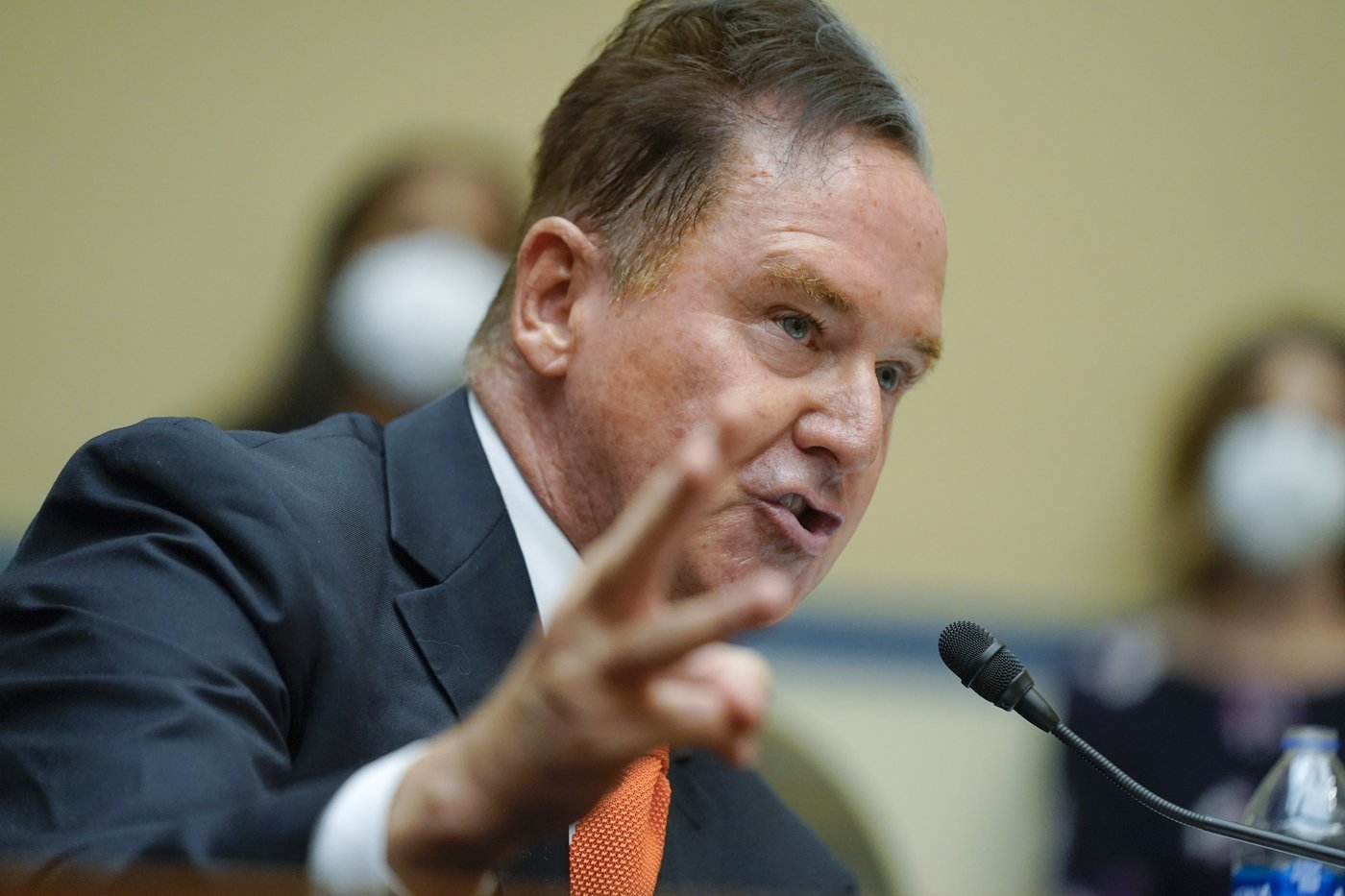A New York congressman wants to enlist the U.S. secretary of state to oppose what he calls Ottawa’s “discriminatory” campaign against foreign property owners.
Rep. Brian Higgins is asking Secretary of State Antony Blinken to officially object to Canada’s new federal tax on underused, foreign-owned housing, which is coming due in April.
The one per cent levy applies to certain foreign non-resident owners of Canadian property located in areas with a core population of at least 10,000 people.
As of January, the federal government has also imposed a new two-year ban on the purchase of property in Canada by foreign non-residents.
John LaFalce, a Buffalo resident who spent 28 years in Congress, bought a cottage in Fort Erie, Ont., shortly after his retirement in 2003.
LaFalce says he is offended by the measures, which he considers an affront to the unique Canada-U.S. relationship he helped to cultivate during nearly three decades on Capitol Hill.
“It’s a hostile act,” LaFalce said in an interview. “It’s a xenophobic act. And it’s certainly not the type of act that becomes people in countries who consider themselves best friends.”
In his letter to Blinken, Higgins said the policy violates the U.S.-Mexico-Canada Agreement and runs counter to what Canada and the U.S. ought to be doing to resurrect cross-border commerce in the age of COVID-19.
“This is an unnecessary burden and bad-faith action by the government of Canada which violates the (USMCA), as well as long-standing tax treaties,” he wrote.
He wants Blinken to ensure it comes up next month when Joe Biden travels north to meet with Prime Minister Justin Trudeau, Biden’s first visit to Canada as president.
“This tax will impose a burden, financially and bureaucratically, on hardworking Americans who in many cases have owned these properties for generations,” the letter reads. The available exemptions to the new levy don’t go far enough, he added.
“The United States and Canada share a unique relationship, but imposing the underused housing tax is concerning and threatening to it and must be addressed in upcoming bilateral meetings.”
This report by The Canadian Press was first published Feb. 16, 2023.
This is a corrected story. An earlier version used an incorrect last name for John LaFalce.
